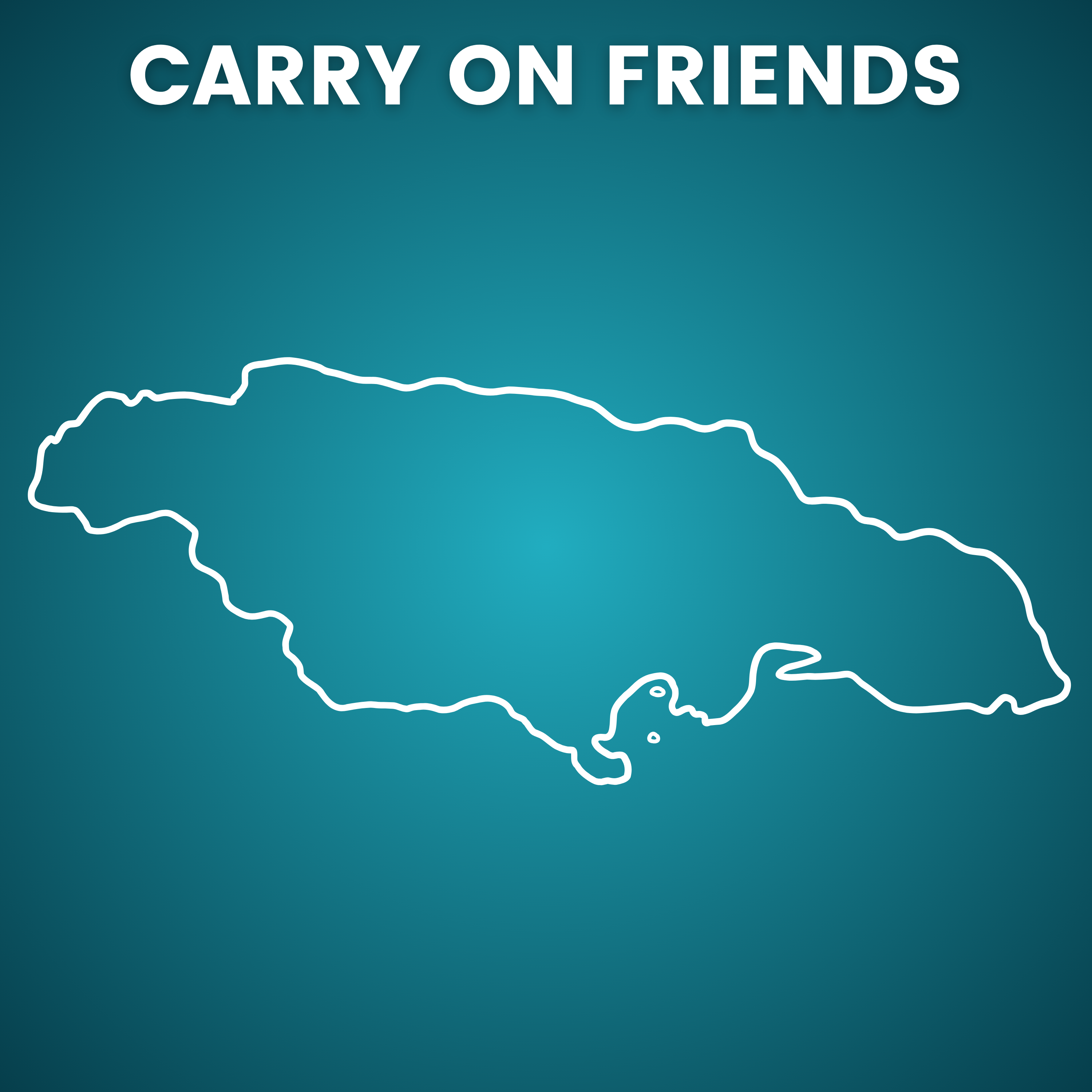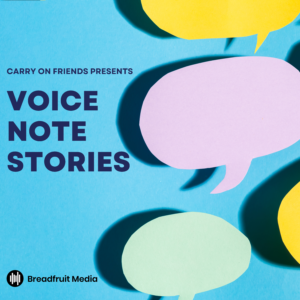
Hurricane Melissa: Stories from the Diaspora and the Cultural Anchors That Hold Us
Hurricanes expose more than weakness in roads and roofs; they expose the invisible cords that bind us in the diaspora to home. When disaster strikes the place you still call home, distance doesn’t protect you, it simply reshapes the pain. This episode captures that complicated truth in a deeply moving reflection on Hurricane Melissa’s devastation of the Western part of Jamaica and the emotional aftershocks.
The question under the noise is simple and impossible: how do you carry on when home is breaking and you are not there to hold the pieces.
After survival is confirmed, the center of gravity shifts to triage. “Who do you help first?” For many, the answer is family, then neighborhood, then nation. That’s not selfishness; it’s strategy. Diaspora giving works best when it starts with clear lines of responsibility, realistic budgets, and trusted channels on the ground. Veterans of past storms in the British Virgin Islands remind us that distance is not immunity; it is a different kind of agony. Weeks without word stamp fear into a father’s voice and forge a blueprint: gather facts, stop rumors, and route aid through people who can deliver, not just people who can post. Smart logistics beat romantic gestures every time.
Climate change guarantees repetition. Today Melissa, tomorrow another name. That reality demands a wider lens: relief, recovery, and then the long, often ignored phase of sustainable resilience building. Diaspora impact grows when it moves beyond care packages to capacity building. Sustainability looks like year-round giving, skill-sharing, governance support, and better preparedness plans. It looks like audits, alliances, and a bias toward transparency so every dollar touches a life and not a warehouse corner.
But energy must be stewarded. Burnout serves no one, and generosity without a budget becomes regret. The way forward is both tender and technical: hold your people close, verify before you share, fund what works, and measure what matters.
Lens 3: Cultural Anchors Keep Us Rooted
Through Lens 3 of the Caribbean Diaspora Experience Model (CDEM): Cultural Anchors — this episode traces how the diaspora turns to faith, music, proverbs, and national pride to steady themselves when everything else feels unmoored. Listeners share moments of helpless waiting, relief when family is safe, and the mix of gratitude and grief that comes when life abroad keeps moving while home rebuilds.
From the sounds of Freddie McGregor and Beres Hammond to the grounding words of the Jamaican National Anthem and pledge, cultural anchors remind us that belonging is more than geography, it’s memory, connection, and shared identity.
Recovery is long and collective work. “Giving back” isn’t just about immediate relief, it’s a year-round practice rooted in love, community, and responsibility to one another.
Episodes mentioned:
- Rethinking Caribbean Disaster Relief: A Call to Action
- Support the Caribbean Year-Round: Giving Before, During & After Disaster Strikes
- From Carriacou to Brooklyn: Building Sustainable Futures & Cultural Legacy.
The Six Lenses of CDEM
A few months ago I introduced the Caribbean Diaspora Experience Model™ (CDEM), a new way to understand how our Caribbean identity forms, evolves, and expresses itself in the diaspora. Created through real-life experiences, this model provides the language many have been missing to describe their complex cultural journeys. At the heart of CDEM are six interconnected lenses that help individuals understand their relationship with Caribbean culture.
Here’s a brief overview:
- Where You Start Shapes the Journey: Whether you migrated as an adult or were born in the diaspora, your connection to Caribbean culture starts somewhere. That starting point matters.
- Where You Live + What You Seek = How You Connect: Living in Brooklyn versus Milwaukee isn’t just geography, it’s a different experience of Caribbean culture. Where you live + your intention shapes your connection.
- Cultural Anchors Keep Us Rooted: Food, music, language, celebrations, spirituality, and family. These are the touch points that carry memory and transmit knowledge.
- Your Identity Will Shift, That’s the Point: As we age, our relationship with culture evolves. It’s not loss, it’s recalibration.
- Cultural Identity Influences How We Show Up at Work: Our work ethic, ambition, and how we navigate professional spaces are all shaped by cultural values.
- You’re Not Either/Or, You’re Both/And: Being fully Caribbean and fully American/Canadian/British at the same time is not a contradiction, it’s our strength.
Stay Connected
Connect with @carryonfriends – Instagram | Facebook | YouTube
Enjoyed the show? Please remember to leave a rating and review in Apple Podcasts.
A Breadfruit Media Production: Instagram


